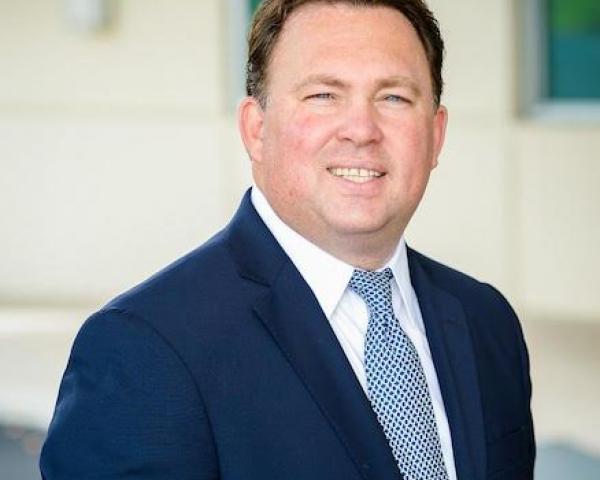Things as certain as death and taxes can be firmly believed. Believable, too, is that life is volatile and the cost of living highly variable. Because of these things, protecting your estate from taxation is one of several reasons why life insurance exists. How you structure this protection, transferring ownership of your policy and ensuring the payment of premiums while excluding this asset from your estate, is critical. That you act is critical, as the Biden administration wants to change major portions of the estate tax.
To start, the Tax Cuts and Jobs Act (TCJA) of 2017 exempts estates valued at up to $11.7 million. Whether life insurance proceeds are part of the taxable estate depends on who owns the policy at the time of the insured’s death. If you want to preserve your legacy, the owner and beneficiary of the proceeds from your life insurance policy must be another person or legal entity.
Choose wisely, because the owner of the policy is the person who is responsible for maintaining the policy. Because you do not want the policy to lapse due to failure on the owner’s part, or if the owner is a minor who is not able to pay the premiums without the approval of a legal guardian or trustee, make sure procedures are in place — perform the necessary due diligence — to make ownership convenient and secure.
An irrevocable life insurance trust (ILIT) is another means to a similar end, regarding estates and specific tax thresholds. In this case, the policy is owned by a trust. The proceeds are not part of your estate, nor are you a trustee in charge of the trust. You do not retain any rights to run or revoke the trust. The advantage here is the assurance that what must be done will be done, that premiums will be paid without delay, that the trust will honor its legal responsibilities.
An estate planning adviser can also determine if you can transfer money — funds relating to gifts — to the trust, thus reducing whatever taxes your estate may owe.
If the beneficiary is a child or an adult with special needs, an ILIT lets you name the trustee — a person you trust — to whom you entrust the handling of money on behalf of your child or children, according to the terms of the trust document.
In a word, documentation is key to any estate plan.
See also: Breathing Life Into Life Insurance
Documentation is verification of trust, affording you the peace of mind you deserve. Regardless of who owns the policy, whether the owner is an individual or an institution such as a legal trust, proof is in the paperwork; legal documentation is proof of ownership.
Do not tarry in attending to this work, lest the government be fastidious in its work of taxing the proceeds of your estate.
Trust, too, that the government will tax your estate unless you safeguard your estate.
For the good of your estate, with the opportunity for future generations to continue to do good, do what is right.
Exercise the rights life insurance provides.






